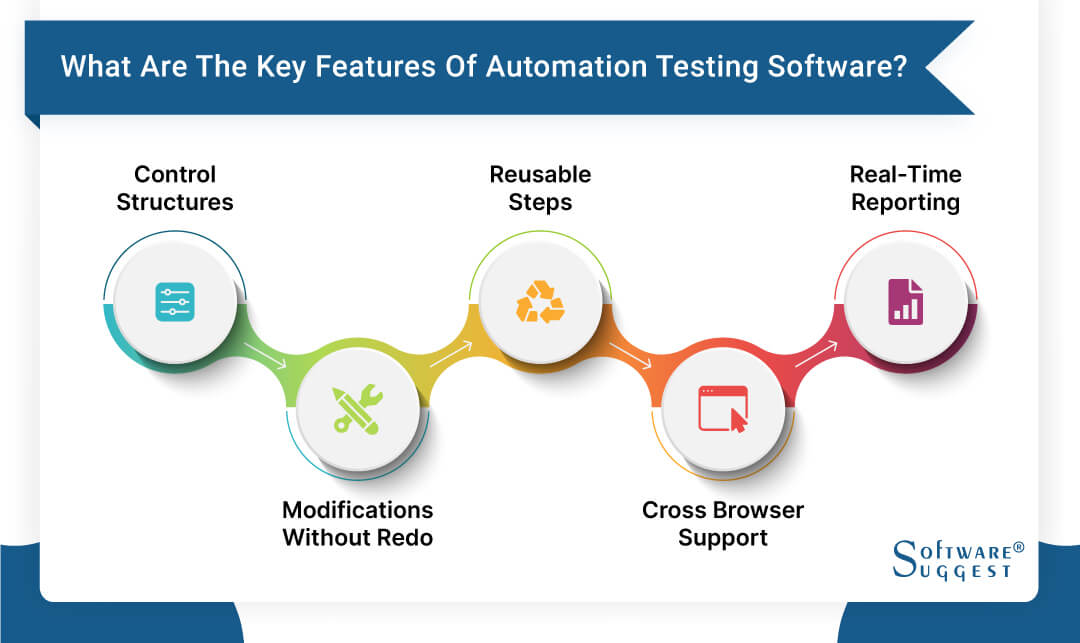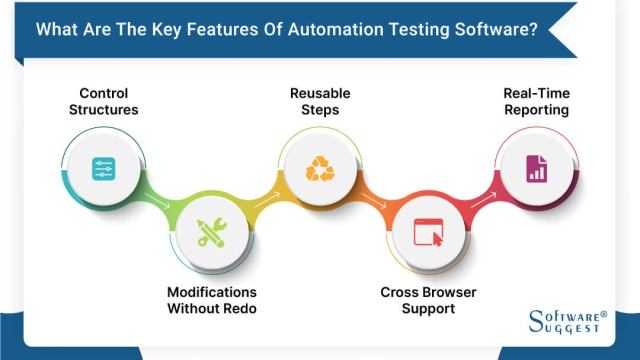
In today’s fast-paced digital landscape, the demand for efficient testing processes is more critical than ever before. Rapid Test Automation has emerged as a game-changer in software development, offering a way to enhance testing efficiency, speed, and accuracy. By leveraging cutting-edge Test Automation Tools, organizations can streamline their testing workflows, reduce manual efforts, and deliver high-quality software products to market faster.
Codeless Automation Testing Tools
The power of Rapid Test Automation lies in its ability to automate repetitive and time-consuming testing tasks, allowing teams to focus on more strategic testing activities. Test Automation Tools equip testers with the means to create, execute, and manage test cases efficiently, ensuring comprehensive test coverage while significantly reducing the testing cycle time. By harnessing the capabilities of these tools, organizations can achieve improved productivity, minimized errors, and enhanced software quality, ultimately revolutionizing their testing processes.
Benefits of Rapid Test Automation
Automation brings speed and efficiency to the testing process. With Rapid Test Automation, teams can execute test cases at a much quicker pace compared to manual testing methods. This acceleration in testing allows for faster feedback on the quality of the software being developed.
In addition to speed, Rapid Test Automation tools contribute to higher accuracy in testing. By leveraging automation, the chances of human error are significantly reduced, leading to more reliable and consistent test results. This increased accuracy minimizes the risk of overlooking critical defects during the testing phase.
Moreover, Rapid Test Automation enhances resource utilization within teams. By automating repetitive and time-consuming testing tasks, team members can focus their energy on more complex and meaningful testing activities. This optimization of resources results in improved productivity and overall quality of the software delivery process.
Top Test Automation Tools
When it comes to test automation tools, one popular choice among testers is Selenium. Selenium is an open-source tool that provides a suite of tools for web application testing. It supports various programming languages like Java, Python, and C#, making it versatile and widely used in the industry.
Another powerful test automation tool is Appium, especially for mobile application testing. Appium is an open-source tool that supports both Android and iOS platforms, providing testers with the ability to write tests using their preferred programming languages. Its cross-platform support and ease of use make it a valuable tool for mobile test automation.
For those looking for an all-in-one solution, UFT (Unified Functional Testing) is a comprehensive test automation tool. UFT allows testers to automate functional and regression testing with ease, providing a visual interface for test creation and maintenance. Its integration capabilities with various testing tools and technologies make it a popular choice for enterprise-level test automation.
Best Practices for Rapid Test Automation
Automation testing is a crucial aspect of modern software development. To ensure the successful implementation of rapid test automation, it is essential to follow certain best practices.
Firstly, it is important to prioritize test cases based on their impact and frequency of use. By focusing on high-impact and frequently used test cases, you can maximize the efficiency of your automation efforts and increase the overall test coverage.
Secondly, maintaining a robust and reusable test automation framework is key to achieving sustainable automation success. A well-designed framework helps standardize testing practices, promotes code reusability, and simplifies maintenance tasks, leading to increased productivity and scalability.
Lastly, continuous integration and continuous testing play a vital role in the success of rapid test automation. By integrating automated tests into the CI/CD pipeline, you can ensure quick feedback on code changes, identify bugs early in the development cycle, and deliver high-quality software at a rapid pace.


